PP (Polypropylene) ropes have become indispensable in various industries due to their strength, durability, and versatility. As the demand for high-quality ropes continues to rise, the PP rope manufacturing industry in India has witnessed significant growth and innovation. In this article, we delve into the dynamics of the PP rope manufacturing sector in India, exploring its growth, key players, manufacturing processes, quality standards, applications, advantages, challenges, and future outlook.
Growth of PP Rope Manufacturing Industry in India
In recent years, the PP rope manufacturing industry in India has experienced remarkable growth propelled by several factors. The increasing demand for PP ropes across diverse sectors such as agriculture, shipping, construction, and transportation has been a primary driver. Additionally, advancements in manufacturing technologies have enabled Indian companies to produce high-quality ropes at competitive prices, further fueling market expansion.
Several prominent companie dominate the PP rope manufacturing landscape in India. These company, including The Great Polymers boast extensive experience and expertise in producing a wide range of PP ropes catering to specific industry requirements. With state-of-the-art facilities and stringent quality control measures, these players have established themselves as leaders in the market, catering to both domestic and international clientele.
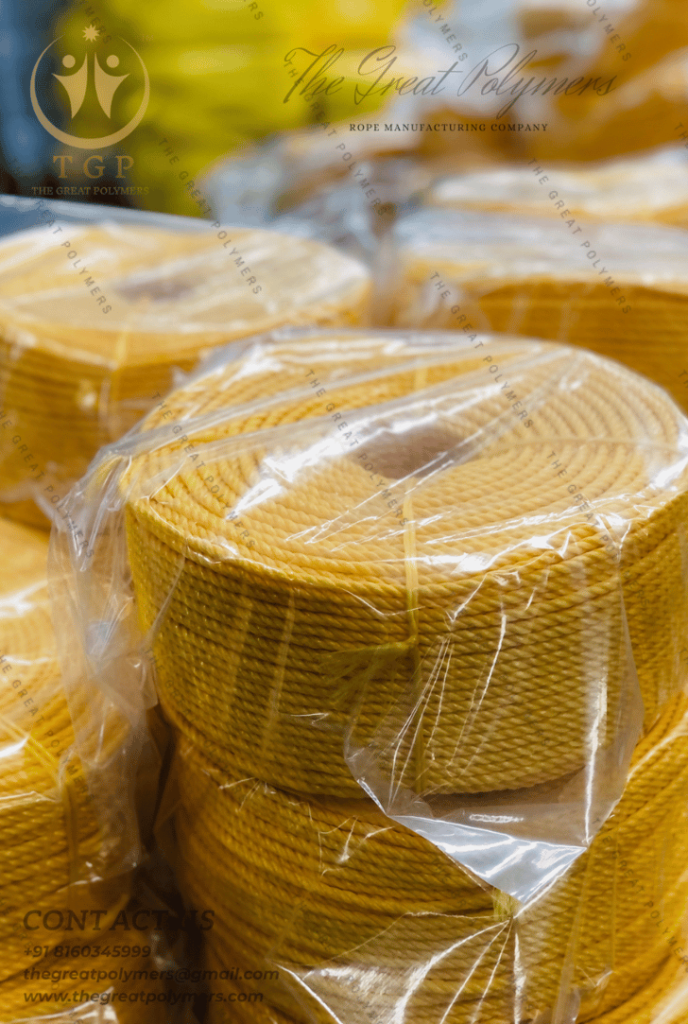
Manufacturing Process of PP Ropes
The manufacturing process of PP ropes involves several stages starting from the selection of premium-grade polypropylene granules. These granules undergo extrusion, stretching, and twisting processes to form strands, which are then twisted together to create the final rope. Advanced machinery and equipment ensure uniformity in diameter, tensile strength, and durability, meeting the stringent quality standards demanded by various industries.
Quality Standards and Certifications
Quality assurance plays a pivotal role in the PP rope manufacturing industry, with adherence to international standards and certifications being paramount. Leading manufacturers comply with established norms such as ISO 9001:2015 and IS 5175, ensuring that their products meet the highest standards of performance, safety, and reliability. These certifications not only enhance the credibility of manufacturers but also instill confidence among consumers regarding the quality and durability of PP ropes.
Applications of PP Ropes
PP ropes find widespread applications across a myriad of industries due to their inherent characteristics such as high tensile strength, resistance to abrasion, and flexibility. From agricultural activities such as bundling and baling to maritime operations including mooring and towing, PP ropes serve diverse purposes with unmatched reliability. Furthermore, their use in household chores, camping, and recreational activities underscores their versatility and utility in everyday life.
Advantages of Using PP Ropes
The utilization of PP ropes offers numerous advantages over conventional alternatives such as natural fibers or synthetic materials. PP ropes exhibit exceptional strength-to-weight ratio, enabling them to withstand heavy loads and harsh environmental conditions without compromising performance. Moreover, their resistance to chemicals, UV radiation, and moisture prolongs their service life, making them ideal for outdoor applications. Additionally, PP ropes are cost-effective and eco-friendly, aligning with sustainable practices and environmental conservation efforts.
Challenges Faced by PP Rope Manufacturers
Despite the burgeoning demand for PP ropes, manufacturers encounter certain challenges that necessitate strategic planning and innovation. Intense competition from substitute materials such as nylon and polyester poses a threat to market share and profitability. Moreover, fluctuations in the prices of raw materials, particularly polypropylene resin, impact production costs and profit margins, requiring manufacturers to adopt agile pricing strategies and supply chain management practices.
Future Outlook of PP Rope Manufacturing in India
The future of the PP rope manufacturing industry in India appears promising, driven by technological advancements, evolving consumer preferences, and emerging market trends. Innovations in material science and manufacturing processes are expected to enhance the performance and durability of PP ropes, opening up new avenues for applications across diverse industries. Furthermore, the emphasis on sustainability and eco-friendliness is likely to drive demand for bio-based and recyclable PP ropes, offering opportunities for market expansion and differentiation.
In conclusion, the PP rope manufacturing industry in India is poised for continued growth and innovation, driven by increasing demand, technological advancements, and evolving market dynamics. With a focus on quality, reliability, and sustainability, Indian manufacturers are well-positioned to capitalize on emerging opportunities and establish themselves as global leaders in the production of high-quality PP ropes.
Unique FAQs
- Q: Are PP ropes suitable for marine applications?
- A: Yes, PP ropes are widely used in marine applications such as mooring, towing, and anchoring due to their resistance to water, UV radiation, and abrasion.
- Q: How are PP ropes different from nylon ropes?
- A: PP ropes offer comparable strength and durability to nylon ropes but are more cost-effective and resistant to chemicals and UV radiation.
- Q: Can PP ropes be recycled?
- A: Yes, PP ropes can be recycled and repurposed into various plastic products, contributing to environmental sustainability.
- Q: What is the typical lifespan of PP ropes?
- A: The lifespan of PP ropes depends on factors such as usage conditions and maintenance practices but can range from several months to years.
- Q: Are PP ropes safe for use in agricultural applications?
- A: Yes, PP ropes are commonly used in agricultural activities such as bundling, baling, and fencing due to their strength, durability, and resistance to moisture.

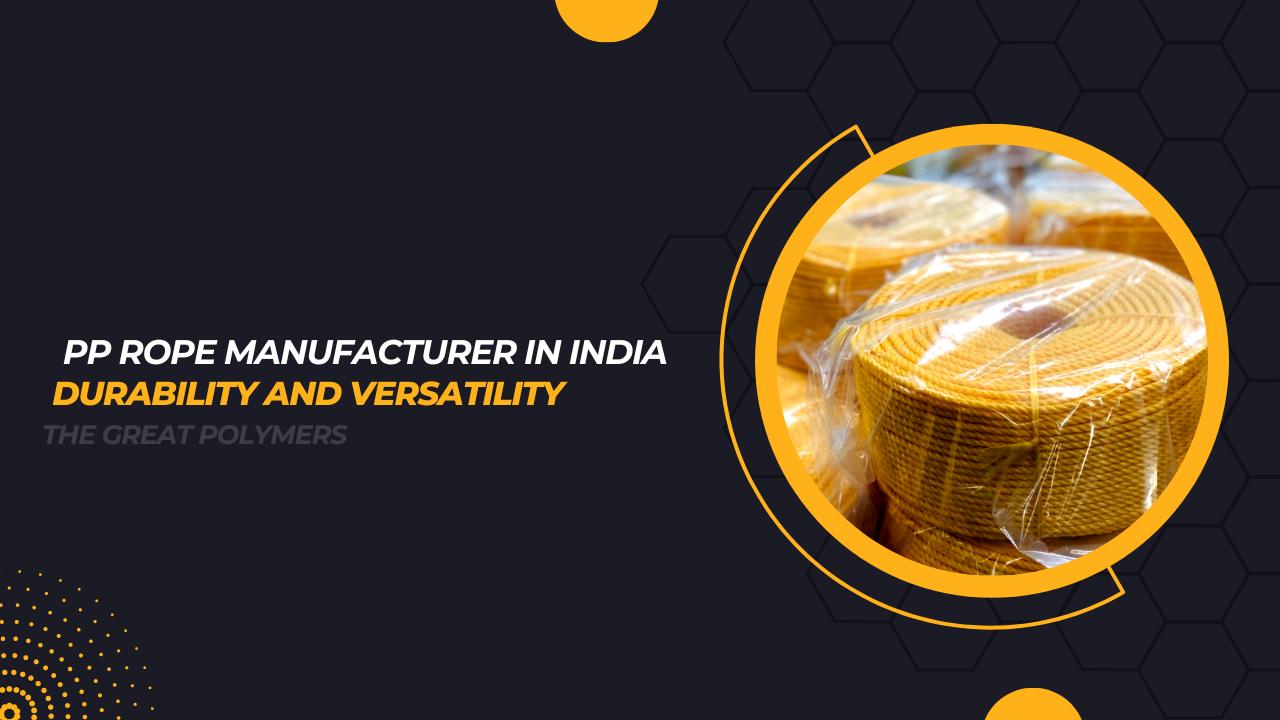


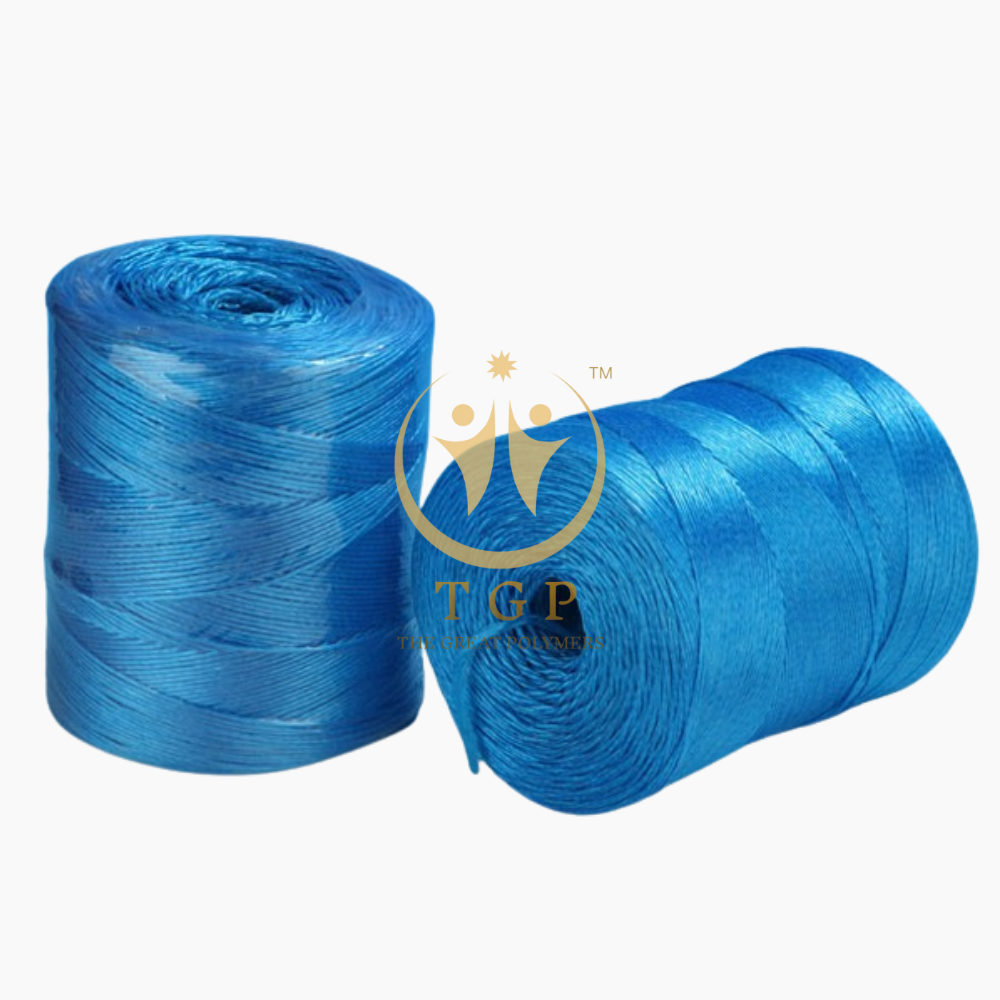
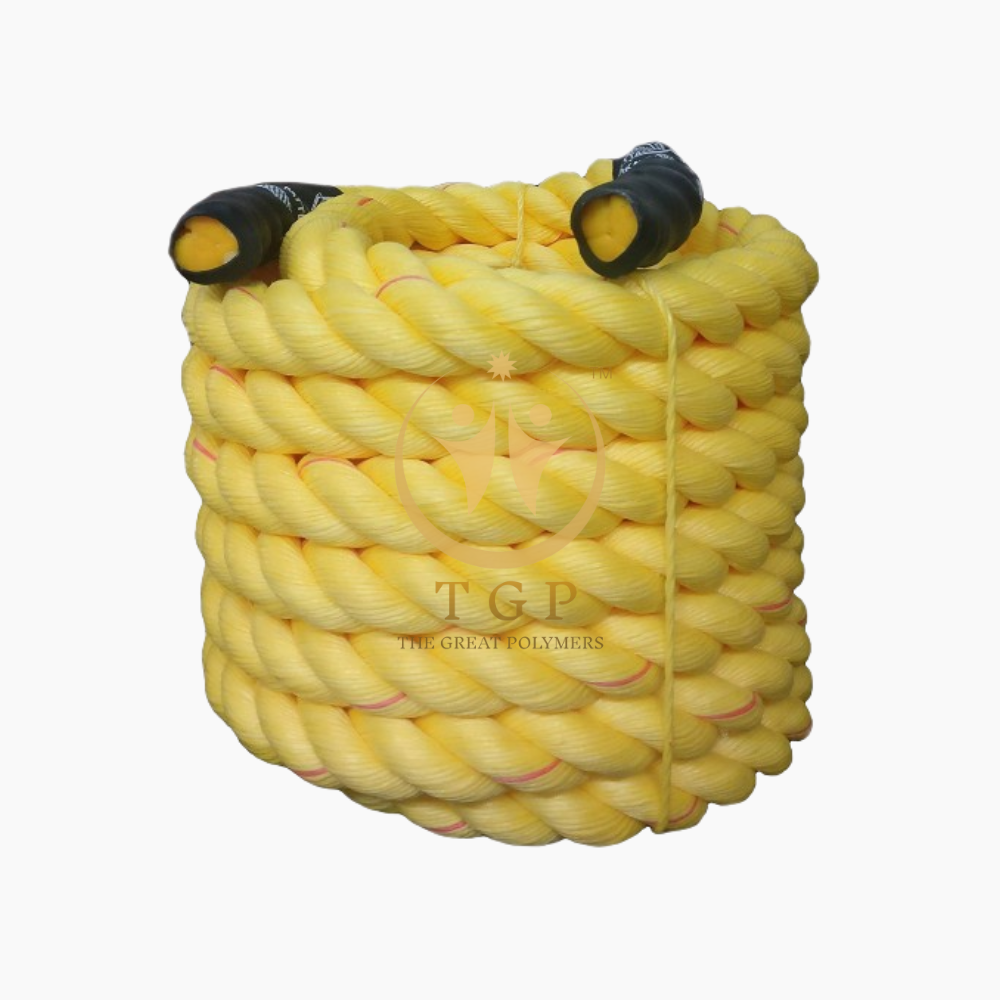
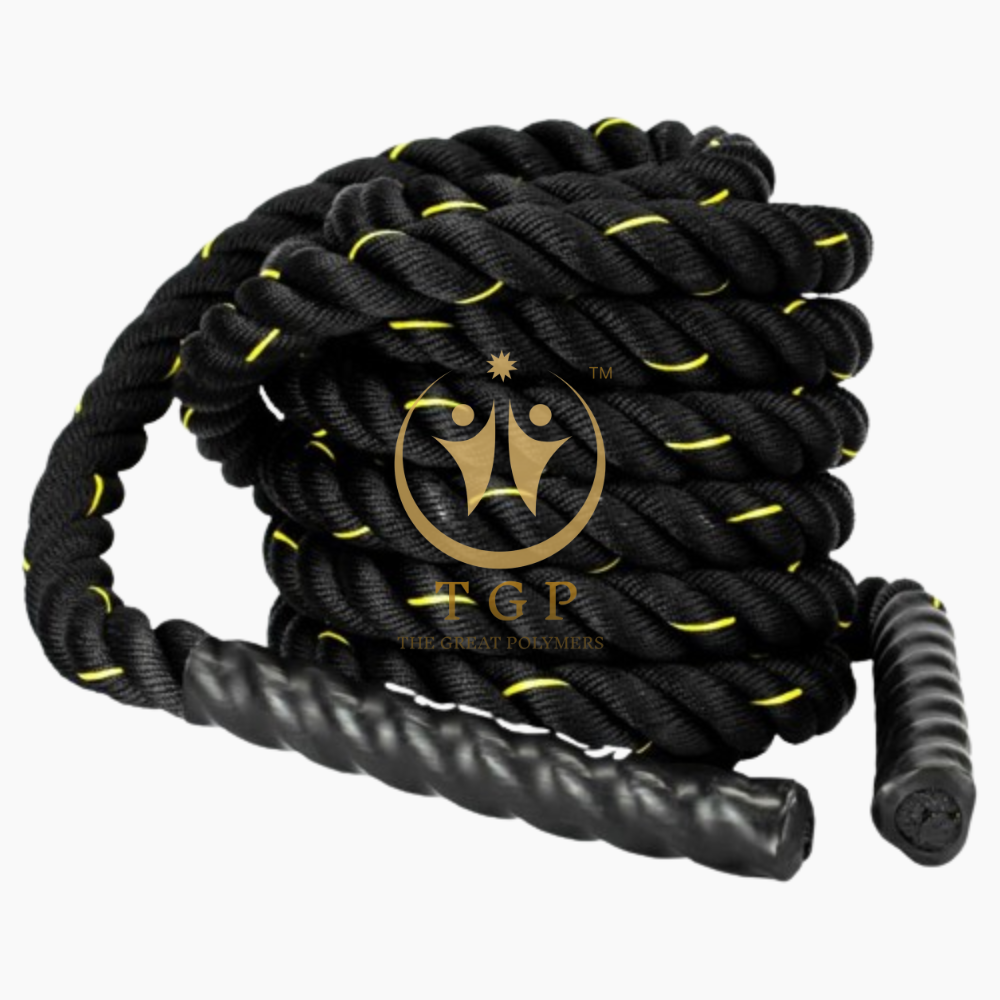
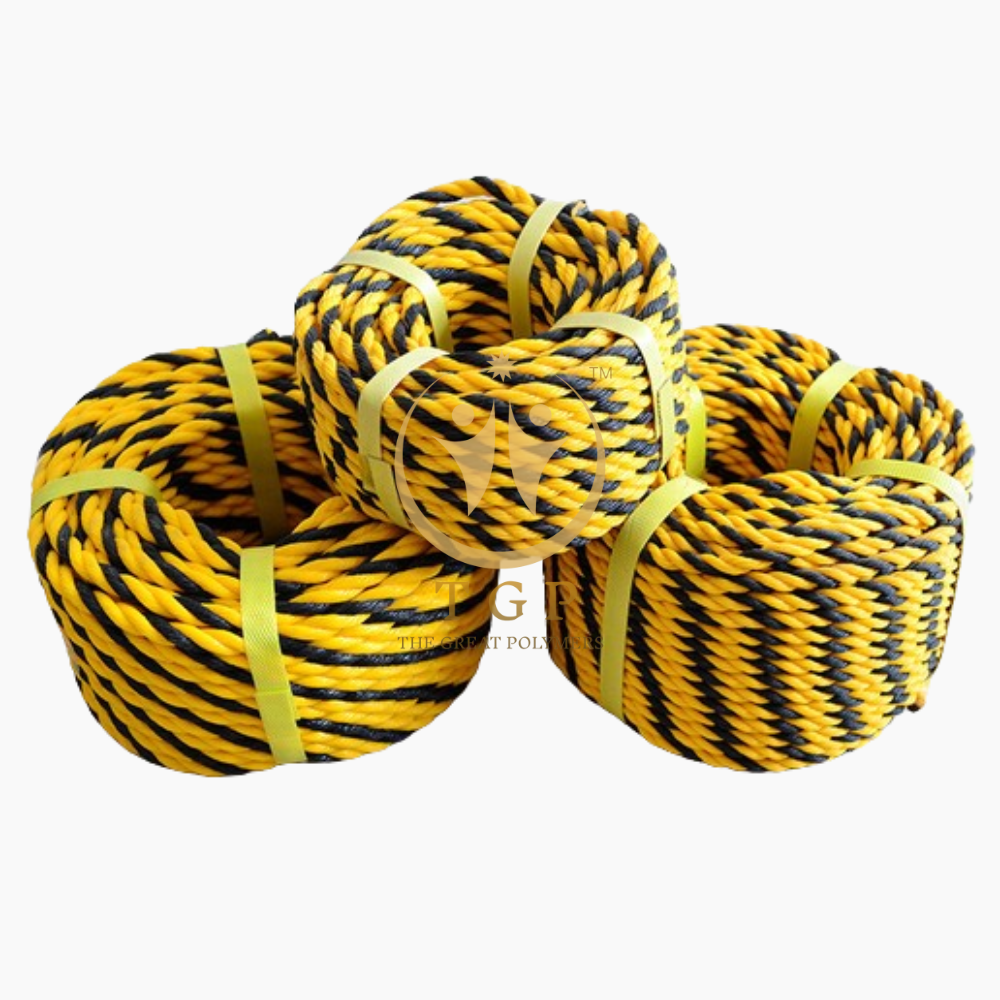

Leave a reply